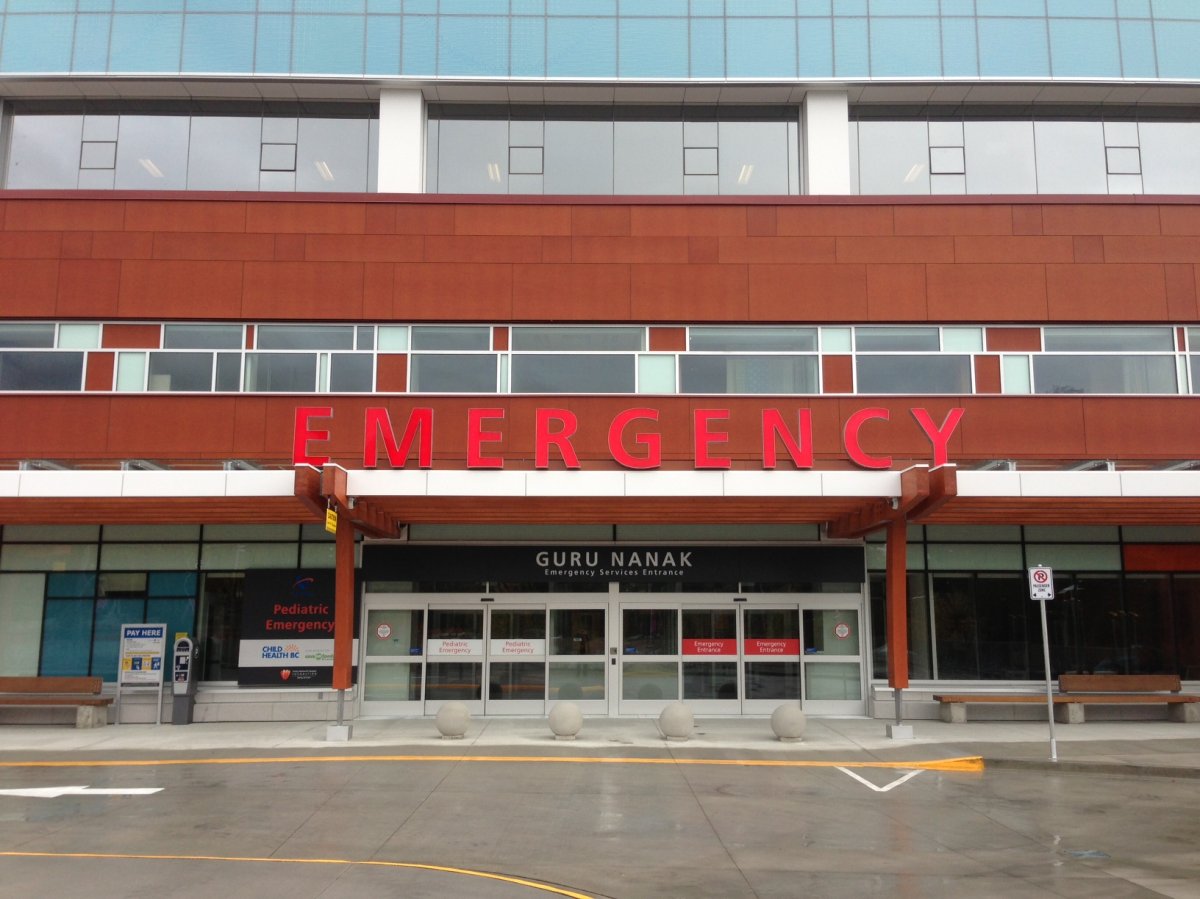VANCOUVER – The provincial government has identified five centres in the province to assess people at higher risk of having Ebola and to treat a confirmed Ebola case, should the need arise.

“Our Ebola Preparedness task force has been meeting regularly, and has been reviewing B.C.’s protocols to respond to the unlikely occurrence of a case of Ebola arriving in the province,”said Health Minister Terry Lake in a press release.
The following sites have been designated as regional centres:
- Lower Mainland: Surrey Memorial Hospital
- Island Health: Royal Jubilee Hospital
- Interior Health: Kelowna General Hospital
- Northern Health: University Hospital of Northern B.C.
- Pediatric Clients: BC Children’s Hospital
“These sites will be the focus of training for staff on the protocols for healthcare workers who would be engaged with a confirmed patient or a patient under investigation. Emergency room and front-line staff at all other healthcare facilities are also being trained to receive, isolate and triage any symptomatic individual of interest with risk of exposure to Ebola,” said Lake.
Nurses in B.C. have expressed concern about the province’s ability to deal with a possible Ebola diagnosis and have said they have not received enough training or the proper equipment to handle an Ebola case.
But Lake has always maintained the province is ready.
He said last week B.C. is using the top international infection control systems and procedures.
“B.C. health authorities have put in place internationally accepted infection control systems and procedures that reflect those being used by experts around the world. These are the same standards being used by the Centers for Disease Control in Atlanta Georgia; in the U.S. that have cared for Ebola virus disease cases; and by Medecins Sans Frontieres, operating in West Africa,” said Lake.
He added that infection control experts are also revising their guidelines for personal protective equipment and assured workers that staff will be fully covered, with no skin showing. The task force has also organized weekly stakeholder engagement teleconferences with colleges, groups and first responders to provide information and answer questions.
“I want to thank everyone who is working to ensure B.C. is prepared in the unlikely appearance of a case of Ebola. The risk remains very low, but our vigilance remains high,” said Lake.




Comments